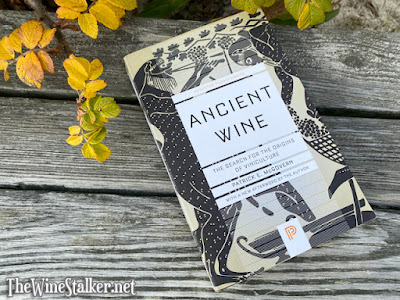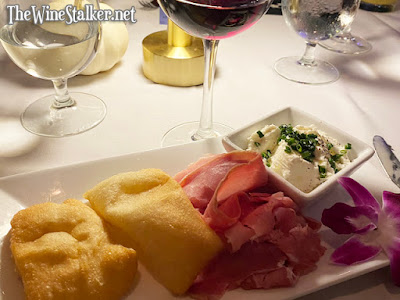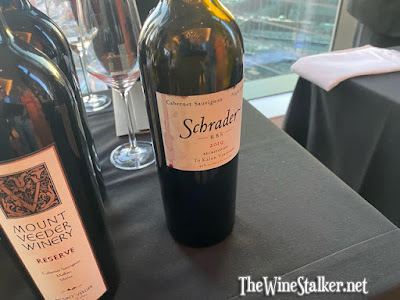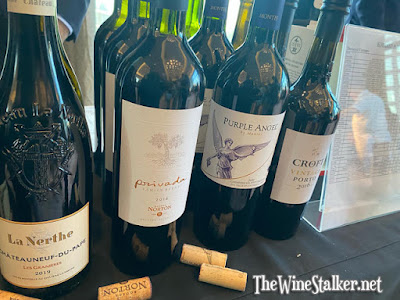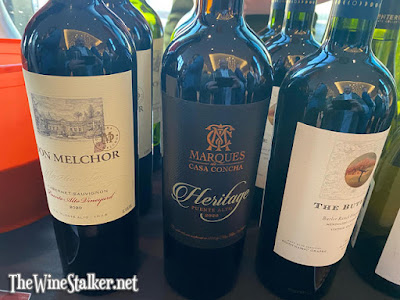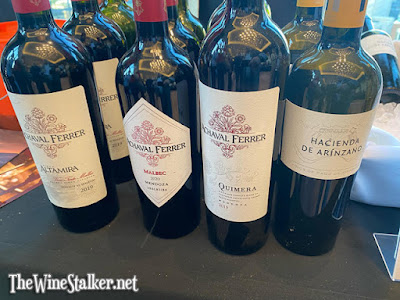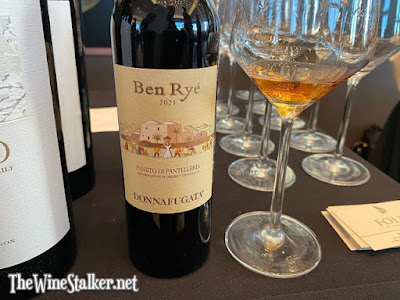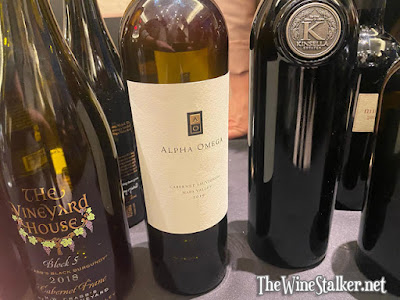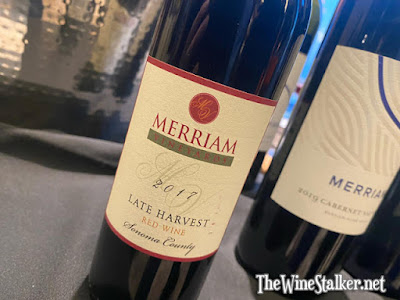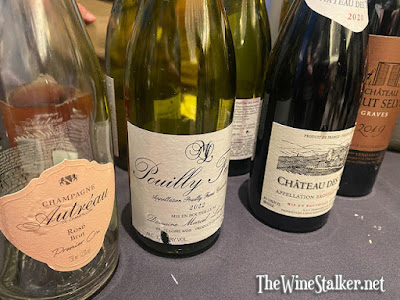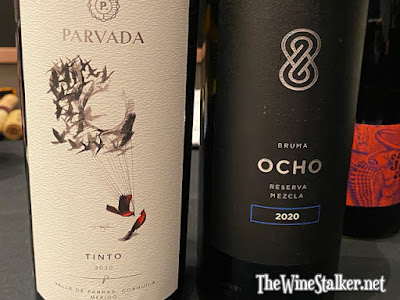"Alcohol: The World's Favorite Drug" was published in 2000, one year before I was legal to drink. I heard about it in the past month when it was mentioned in the book "Drunk" (
read my review of that book here), and I was able to purchase a used copy online that once called Richards Library in Newport, New Hampshire, home.
The author of Alcohol is Griffith Edwards; an MD whose work is on the study of addiction to alcohol and other drugs, and you can definitely tell. The book is kind of misleading in title, as it focuses on alcohol dependency most of the time. And it does so very effectively, especially when it talks about alcohol dependency from the viewpoint of the dependent; how they think about it and the excuses they tell themselves.
It is not misleading in saying that it's "a look at fact and falsehoods, and how to tell the difference." There are many things that we all think we know about the history of alcohol that simply aren't true, but we've been conditioned into believing them by rhetoric from the anti-alcohol and pro-alcohol movements and industries.
"Alcohol is a fact around which are created myths, and those myths themselves then become powerful facts."
With the 90th anniversary of the repeal of Prohibition upon us, let's use that as an example. The Gin Craze in eighteenth century England was really really bad, but nothing has touched alcohol abuse as much as America in the 1830's. This is when the US was at 18 liters per capita in consumption, whiskey was cheaper than tea and coffee, and there certainly was fair enough grounds for a temperance movement to grow. At first this movement was just against distilled spirits, but the conditions in the 1830's lead it to be against any alcohol at all, such as beer and wine
Fast forward 90 years, with many events and individual state prohibitions in between, what was a valid movement against a very real problem had become the myth that all alcohol consumption is evil and the cause of all of mankind's woes, which is simply not true but many still believe. This all lead to the US national Prohibition. Over the next decade and beyond, the anti-Prohibitionists blamed speakeasies and organized crime and bootlegging on Prohibition, and even though those existed long before Prohibition, this is rhetoric we still believe. Fascinatingly, calling alcoholism a disease started in the 1800's but faded in the early 1900's... but then it was revived by the anti-Prohibitionists to say "hey, it's not the alcohol that's the problem, it's YOU!"
"With intoxication, there is the supposed removal of decent civilizing restraint when those centres (autonomic nervous system) are anaesthetized by alcohol and the more primitive parts of the brain are allowed to take over control of the behavior. Often there seems to be more of a metaphor than of brain science in this kind of theory."
So yes, the book explains how facts turn into myth and then myth into facts as we know them, and it does it very well with each topic it touches.
Alcohol is basically a book about "to-drink-or-not-to-drink", a history of alcohol dependency and abuse, and then even recovery. So while it claims to be neither for or against the consumption of alcohol, and it proves that many times by staying with facts and keeping opinions in the grey area, the outcome of everything that it discusses weighs heavily on the downside of drinking over the upside. Honestly, that's where that facts go in science and history. (
Drunk goes into how important drinking is to our social needs as humans, but still comes to the same conclusion in physical health costs.)
Thus, it is a very powerful book for those who need to quit, want to quit, struggling to be sober, or successful in sobriety.
It can be anyone. "... proneness to develop alcohol dependence does not have any single master explanation to cover every individual. It is not a matter of some people being doomed to alcohol dependence by their genes while the rest of us drink with impunity. And for any one individual no simple causal explanation is likely to suffice."










